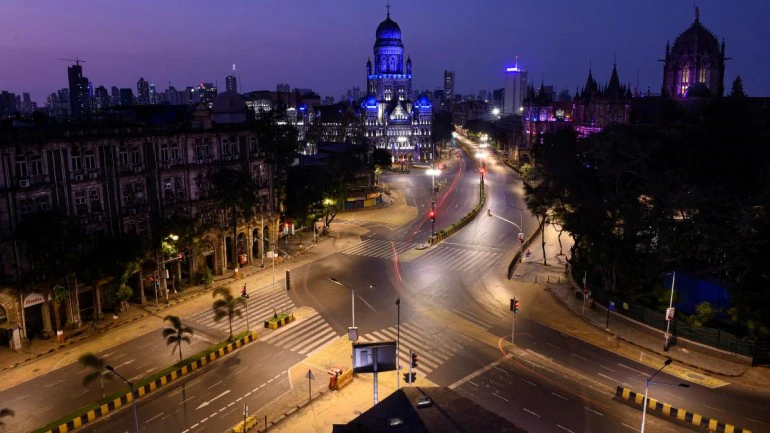
Explained: COVID-19 hotspots in India and remedial measures taken for it
While the health ministry has said that it is studying the emerging hotspots, apparently in a toned down manner to not create an alarm, media reports have said the government has zeroed in on 10 COVID-19 hotspots in India.

COVID-19 hotspots in India have become an area of concern for authorities as they battle to contain the spread of coronavirus.
While the health ministry has said that it is studying the emerging hotspots, media reports have said the government has zeroed in on 10 COVID-19 hotspots in India.
What is a hotspot?
A place is identified as a ‘cluster’, where more than 10 cases are detected while ‘hotspots’ are the places where several clusters are detected.
In epidemiological terms, the clusters are usually the places that have more than 1 per cent of the cases of the total. Basically, these are geographical spots where there is an excessive occurrence or spread during the outbreak. These hotspots are subject to change over a period.
Current hotspots in India
According the Express report, Hazrat Nizamuddin and Dilshad Nagar in Delhi, Noida and Meerut in Uttar Pradesh, Bhilwara (Rajasthan), Ahmedabad (Gujarat), Mumbai and Pune from Maharashtra as well as districts of Kasargod and Pathanamthitta in Kerala are hotspots.
Interestingly, all these hotspots are in western India. No place from eastern or central state has yet reported an outbreak like these places.
In Nizamuddin in Delhi, a religious congregation took place earlier this month between March 1 and 15, with over 2,000 attendees that included some from Indonesia and Malaysia. The area has now been cordoned off by the police and more than 200 people have been kept under isolation in various hospitals.
It hit the roof when the Telangana government confirmed the deaths of six people due to coronavirus who had attended the congregation.
Kasargod, a district in Kerala, recorded 82 positive cases of COVID-19 as on March 30. This is the highest number of cases in Kerala. Most patients have a travel history to Dubai or came in contact with a person having travel history.
Pathanamthitta, another town in the state, had recorded nine cases on March 11 and it was later found that these people had traveled extensively across the district. The district administration then imposed a strict lockdown and traced almost 98 per cent of contacts.
Coronavirus in numbers: India, global cases and deaths
Bhilwara, a district in Rajasthan, is another hotspot where six doctors and medical staff of a private hospital tested positive for coronavirus on March 19. Authorities began tracking all their contacts and the whole city was locked out. A house-to-house survey was conducted to trace the contacts of the infected, and this included a screening of around 28 lakh people. However, the district has reported 26 positive cases as of March 30.
Meerut saw 13 cases which included relatives and acquaintances of a person who had travelled to Dubai.
Noida has reported 38 cases and authorities have put thousands under surveillance, with 268 quarantined. Around 29 cases could be traced back to the source of infection.
Related news: ‘South Korea model’ to help India tackle virus spread from Nizamuddin
Mumbai which has the highest number of cases in Maharashtra has also been declared a COVID-19 hotspot. It has reported eight deaths and over a hundred cases. Pune which also has 38 cases and a death due to coronavirus infection is also flagged as a hotspot.
The Indian Express report stated that Ahmedabad is a different case because it saw only five cases but three deaths. The ratio of deaths to the cases here is alarming. That is the reason why Ahmedabad was tagged as a hotspot.

